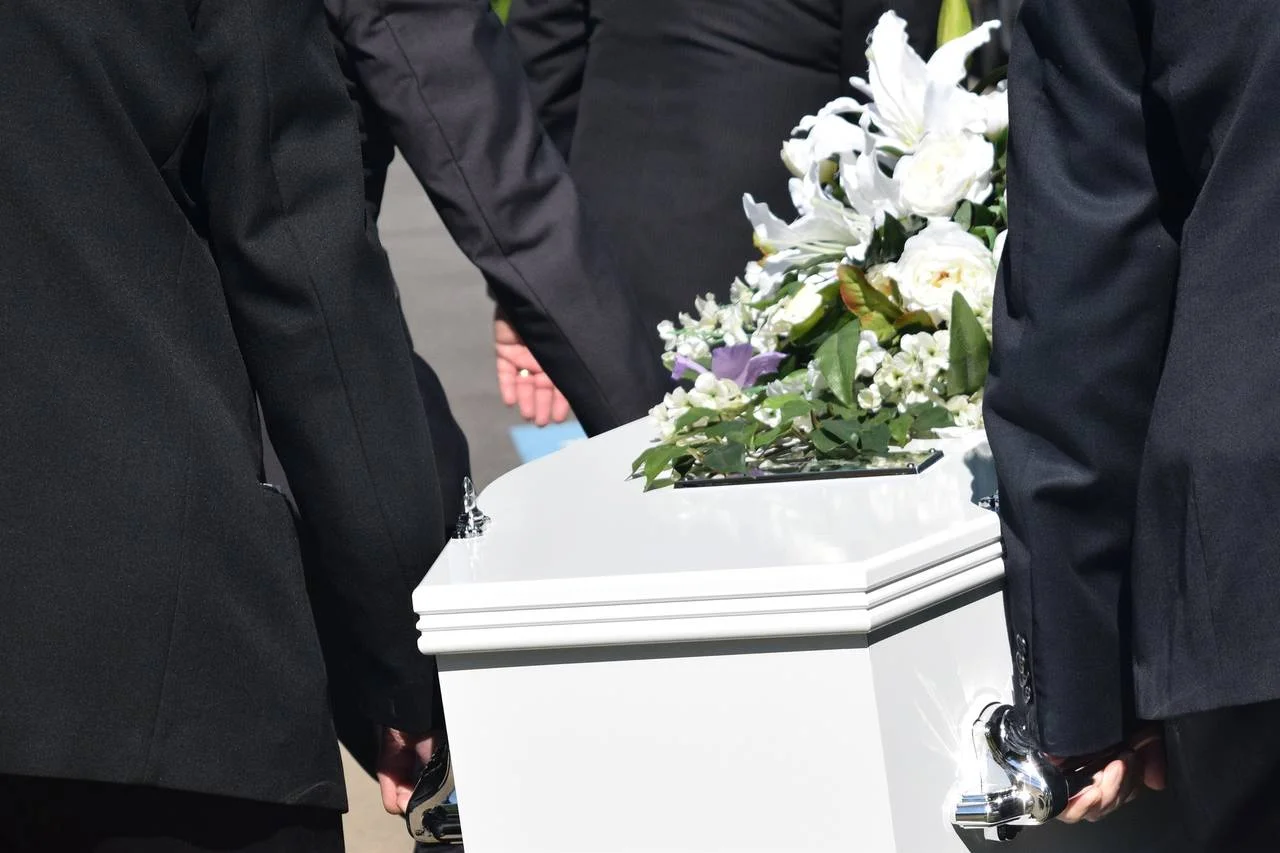Wrongful Death in Medical Settings: Hospital Errors, Misdiagnosis, and Surgical Errors

Medical professionals are often held to a high standard because lives are at stake. When errors occur, the consequences can be severe and sometimes fatal. Wrongful death in medical settings is a painful and complex issue that families may face, often involving elements such as hospital errors, misdiagnosis, and surgical mistakes. Understanding these different facets can help affected families make more informed decisions during an extremely challenging time.
Hospital Errors: The Silent Culprit
Hospital errors can include a range of issues, from medication errors to patient misidentification and neglect. These mistakes may seem small on the surface but can lead to catastrophic outcomes, including wrongful death. South Carolina law allows for legal recourse against hospitals in such unfortunate instances, with potential claims not only against individual practitioners but also the facility itself under a theory known as “corporate negligence.”
The Ripple Effect of Misdiagnosis
A correct diagnosis is the cornerstone of effective treatment. Misdiagnosis can lead to improper treatment, unnecessary procedures, and in extreme cases, wrongful death. Conditions that are often misdiagnosed include heart attacks, strokes, and various types of cancer. When a wrongful death occurs as a result of misdiagnosis, families have the option to pursue legal action against the healthcare provider responsible.
Surgical Errors: When the Operating Room Becomes a Battlefield
Surgical procedures come with inherent risks, but these risks should not include preventable errors made by healthcare professionals. Examples of surgical errors that can lead to wrongful death include operating on the wrong body part, leaving surgical instruments inside a patient, or anesthesia errors. Families facing the aftermath of such a tragedy should know that South Carolina law provides avenues for holding the responsible parties accountable.
Legal Framework in South Carolina
Wrongful death claims in South Carolina must be filed within three years of the deceased’s passing. Generally, these claims can be filed by the executor or administrator of the deceased person’s estate. Damages that may be awarded include medical expenses, funeral and burial costs, lost wages, and compensation for pain and suffering.
What to Do if You Suspect Wrongful Death
- Consult a Medical Expert: Obtain a second opinion or autopsy to confirm the cause of death.
- Collect Evidence: This may include medical records, billing statements, and any correspondence with healthcare providers.
- Seek Legal Advice: Contact an attorney experienced in medical malpractice and wrongful death cases in South Carolina. They can guide you through the complicated legal process and help you understand your rights and options.
Conclusion
Facing the wrongful death of a loved one in a medical setting is an agonizing experience. While no amount of compensation can bring back a loved one, understanding the role of hospital errors, misdiagnosis, and surgical mistakes can equip families with the knowledge they need to navigate the complexities of the South Carolina legal system more effectively.

